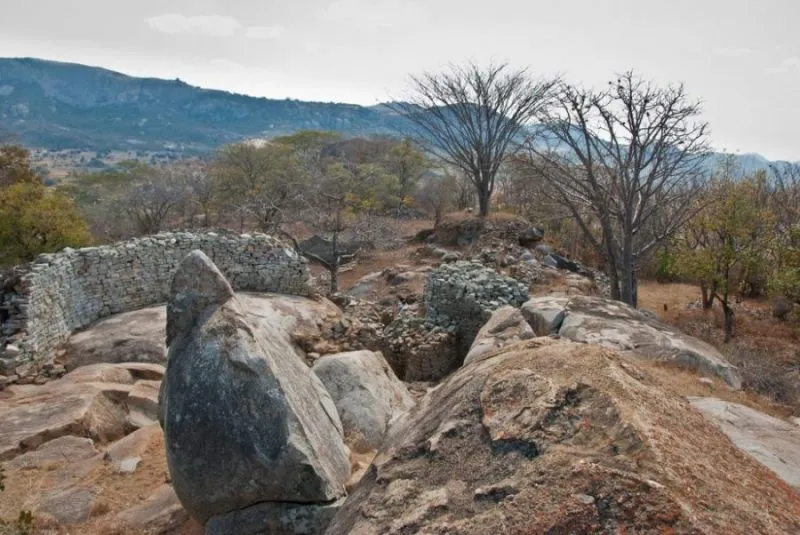TAWANDA MARWIZI/ TAURAI MANGUDHLA MUTOKO – The best way to experience Buja culture is to experience it firsthand While most people usually laugh at some of the members of this tribe mostly because of their dialect and some of their cultural practices, an authentic experience will no doubt bring about a new kind of respect for the Buja people who settled in deep Mashonaland East It is an authentic experience that these two writers were after when they set off for Mutoko, which is about 150km from the capital Mutoko presents itself as another sprawling growth point, whose development is mainly anchored on granite mining Just as you enter Mutoko, to the left of the Nyamapanda Highway, is Chidzidzi low density suburb Adjacent to Chidzidzi is Presbyterian high density suburb The picture of huge urban houses with roof tiles is just like any other in Zimbabwe’s urban dwellings, yet about 10 km further, the surroundings change to a deep rural settlement This rural settlement is home to Chief “Dawa” Mutoko and sits opposite the well-known Mutoko High School This is where one gets the first feel of theBujaculture and might even get a history lesson too, if one is lucky For it is here where the local culture is championed and where any violation is met with punishment, sometimes punitive When theBusiness Timescrew arrived at the chief’s compound, they were asked to pay $5 for ‘kabikiro.’ Kabikiro is a gift that enables one to get the ear of the chief Being in the chief’s presence also has its rules For instance, you are not allowed to shake the chief’s hand while women are barred from wearing trousers at his compound Failure to abide by such rules attracts a fine The chief said theBujaculture was rich and still useful although some of the laws enacted by the government were limiting the people’s ability to live by it “We used to have meetings at homestead and village level to teach our young ones how to behave However, these days, the moment you try to discipline people in line with our culture, they will report it as abuse,” he said In communal life among theBuja, becoming wealthy for any person is sometimes culturally attributed to either one’s ancestors or magic called tsvera or both This tsvera is prominent in the history of Nehoreka and Shumba Murambwi (who was banished from the Buja people for stealing cows using magical charms) Chief Dawa said there were some cultural practices they still insist on like choosing people from the community who go to prepare and clean the Mutoko ruins “We value the place our ancestors rest We call the place Dzimbahwe We don’t cut trees or cultivate We keep the place as is We only go there to tidy the holy place The place is cleaned by our sons in law and grand children who do it on our behalf But during this cleansing period they are not allowed to have sexual relations with their spouses,” he said “VaBujaare known for giving all visitors drinking water even when they don’t ask and before they start talking We strictly adhere to proper marriage processes of paying bride price not the behaviour of the white man where couples just start staying together without the blessing of their family,” Dawa said Some of the cultural practices are done at the ruins “We brew a special beer calledMukwererafor the rains and this is done by elderly women who can no longer conceive and those who are not sexually active,” he added To date, just like in other tribes in Zimbabwe, theBujado not allow people to marry from the same totem If you fail to comply you will be fined forMakunakuna What are the origins of the Buja people?TheBujapeople are said to have settled in Mutoko from Mhingari in what is now Mozambique, led by Nohoreka (or Nohureka), his father Mukombwe, his brothers Nyanzunzu and Mukwiradombo and sister Chingate (Nyamungate or Njapa) Narrating the origins of the Buja people, Dawa said historical evidence shows that Nehoreka came from Mozambique in the 16th century to the present day Mutoko, which was then ruled by Chief Makate, a man with powerful charms who used magic to subdue his rivals Source: Business Times All Zim News is a central hub for all things Zimbabwean, curating news from across the country so no story is missed Alongside aggregation, our team of nationwide reporters provides real-time, on-the-ground coverage Stay informed and connected — reach us at admin@allzimnews.com. Source: Businesstimes
